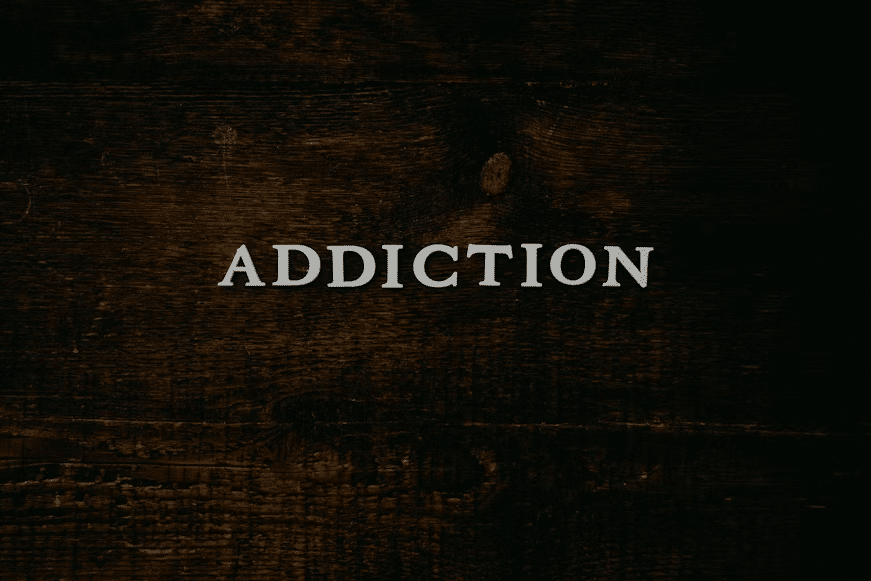Personalized Therapy Strategies for Diverse Addiction Treatment Needs
Wondering what therapy approach you should use for addiction treatment?
The fact is that there is no single answer. Addiction recovery is personal and unique. It doesn’t look the same for different people. But there is some good news…
Personalizing therapy strategies for specific needs creates higher success rates.
In this guide, we cover…
- Why personalized therapy works better
- The types of therapy in addiction treatment
- How to pair treatment with individual needs
Why One-Size-Fits-All Addiction Treatment Doesn’t Work
Here’s something that might surprise you…
Less than 43% of people who start addiction treatment successfully complete their program. That means over half of people who take that first step don’t see it through. For a life-saving intervention, that’s a pretty shocking statistic.
The reason so many people drop out of treatment is simple – a lot of programs take a one-size-fits-all approach to helping people get sober.
But addiction isn’t one-size-fits-all. Consider the differences between two people entering treatment:
- Substance use: Alcohol, opioids, stimulants, or some other drug
- Co-occurring mental health issues: Anxiety, depression, PTSD, bipolar disorder, schizophrenia, or no issues
- Family situation: Single, married, children, no children, support or stress
- Trauma history: Past abuse, neglect, or other trauma that contributes to substance use
Addiction treatment that uses effective therapy strategies considers these variations and personalizes treatment to each person. Quality programs like drug and alcohol rehab in Tysons Corner understand that custom treatment plans which take individual factors into account work because they are just that – customized.
Core Therapy Approaches That Actually Work

Let’s break down some of the most common and effective therapy types found in addiction treatment…
Cognitive Behavioral Therapy (CBT)
CBT is a staple in addiction treatment for a reason. It works.
Cognitive behavioral therapy is all about examining negative thought patterns that lead to substance use. It teaches practical skills for changing these thought patterns to help clients avoid relapse.
CBT is effective because it gives actionable strategies that you can apply immediately. CBT is flexible and can be tailored to the type of addiction you are facing, as well as specific triggers.
Motivational Interviewing
Here’s something that might surprise you…
Motivational interviewing doesn’t work to convince you that getting sober is the right thing to do. Instead, it simply guides you to finding your own reasons to stop using.
Motivational interviewing works when you may be ambivalent or on the fence about fully committing to treatment. You have a therapist act as a guide to help you discover what matters to you most and how your substance use prevents you from achieving your goals.
Dialectical Behavior Therapy (DBT)
DBT is not originally an addiction treatment method. It was created to help people with emotional regulation issues.
Why did it transition to substance use treatment? People often turn to drugs or alcohol to manage their emotions. DBT, in combination with other effective therapies, gives you the skills to change.
DBT focuses on mindfulness, distress tolerance, and emotion regulation skills to help you overcome the impulse to use substances.
Family Therapy
Addiction impacts more than the individual. It affects entire families and support systems.
Bringing family members into treatment can help you start to heal relationships, improve communication, and build a supportive home environment. Family therapy is critical to improving outcomes because it educates loved ones and lets them know that addiction is a disease and not a moral failing.
Medication-Assisted Treatment (MAT)
MAT is a therapy that uses medication to help with the recovery process.
Opioid addiction and alcohol use in particular have seen a lot of success when MAT approaches are used. Medications like buprenorphine or methadone used in combination with traditional counseling and therapy can lead to success rates up to 50% for maintaining long-term sobriety. This is a large increase from either counseling or medication alone.
MAT recognizes that addiction is not just a psychological problem but a biological one that needs medical treatment as well as talk therapy.
Pairing Treatment With Your Needs
Ok, but how do you know which therapy strategies will work for your situation?
Treatment programs that work start with a good assessment. This includes looking at the severity of addiction, mental health conditions, medical history, social factors, and previous treatment experience. Co-occurring mental health issues like depression, PTSD, or anxiety often need specific types of therapy to address them.
The assessment is just the first step, though. Personalized treatment is adaptable and changes as your needs change. A lot of times, a person’s needs at week one will look completely different from their needs in week three.
Building Your Personalized Treatment Plan
No one knows you better than you. When you are part of the recovery team, creating an effective treatment plan is possible.
Combining approaches in a way that best fits your situation is key. For example, a solid treatment plan for some might include:
- Twice-weekly CBT sessions with an individual therapist for working through specific addiction triggers
- Group therapy to build a peer support network
- Family therapy sessions to help with home relationships
- MAT for opioid use or alcoholism
- Trauma-focused therapy for past abuse or neglect
Flexibility is the key to building a treatment plan that truly works. It should change over time based on the elements that are and are not effective.
Holistic Therapies: A Helping Hand
Many treatment programs are integrating more holistic approaches to recovery alongside traditional talk therapy.
Yoga and meditation for stress management, art or music therapy for emotional processing, and exercise programs to boost mood are all complementary activities to traditional talk therapy.
While they don’t replace the effectiveness of evidence-based therapies, these additions can enhance your overall treatment experience and provide healthy new ways to cope with stress.
Continuity of Care: Your Ongoing Therapy Plan

Something most people don’t realize about recovery…
It doesn’t end when you leave rehab. In many ways, that’s when the hard part starts.
Personalized therapy should continue aftercare planning. This includes:
- Linking up with outpatient therapy that extends the same type of treatment
- Joining support groups that line up with your values and needs
- Building a customized relapse prevention plan to address your unique triggers
Transitioning from intensive residential or partial hospitalization treatment to the real world is a vulnerable time. Personalized aftercare that looks at individual risk factors produces a better outcome.
Cultural Considerations for Personalized Treatment
Cultural background plays a significant role in how people approach and experience recovery.
Effective personalized addiction treatment recognizes cultural differences in communication styles, beliefs about mental health and addiction, family dynamics, and spiritual beliefs. Culturally competent therapists make it easier for people to seek and stick with treatment.
Putting It All Together
Personalized therapy strategies are not just a nice bonus to addiction treatment. They are a necessary part of creating a lasting recovery.
The research is in. Matching individual needs to treatment creates a much higher likelihood of completing treatment, reaching initial sobriety, maintaining long-term recovery, and rebuilding a life in recovery.
Addiction recovery is a journey of self-discovery and figuring out which combinations of evidence-based therapies, medications, and support systems work for you.
The right approach is a game changer. If you are ready to look at treatment programs that are personalized to your needs, contact a quality treatment center to learn more.
You can get sober. You can get well. With the right therapy strategies, you can build the life you want.








